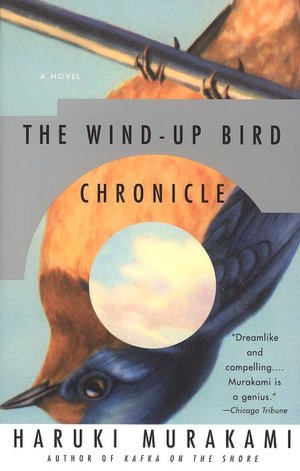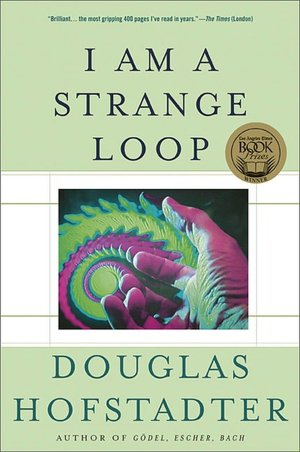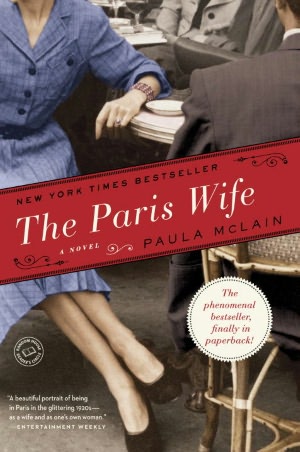Dear Sibyl, I am a former sex worker (exotic dancer & some fetish work) who has left that phase of my life for fairer pastures. Since dropping out of that world, my perspective on my experiences has evolved, and as of now, I have scant positive feelings about it all.
A fun and fascinating lady has entered my life recently, and we are involved in a creative project together. She is a current sex worker (erotic massage provider/dominatrix). Our project entails one-on-one time and I'm sure our relationship will take on an intimate aspect (of the non-romantic variety) in the near future. The thing is, I am nervous and in fact afraid of this, due to her profession. I understand why she does it—to support herself while in school, as I did—and I don't judge her at all. But I'm scared that in getting close to her, somehow her present—my past—will affect me. I don't want to go back to that place emotionally, but I fear it's only around the corner, although my rational mind knows that's ridiculous.
We have a considerable age difference (7 years), and I should be able to be the bigger person and not convey insecurity. Of course, I don't want to be the older, wiser one who knows better, even as part of me wants to tell her to get out of the business ASAP. How can I stop projecting my fear of my own past onto her? And how can I be a good friend to her when I have such close-to-home issues about her job?
Thanks, Sibyl!
Sincerely,
Shipwrecked Stripper Swimming to Shore
Dearest Shipwrecked,
Have you considered that this woman has been placed in your life like a gift, one that, if you choose to open it, could be a Pandora’s box of healing experiences for you? I have a friend who complains a lot, but then follows up all those complaints with, “Well, I guess it’s just AFGE.” “What’s affguh?”, I finally asked one day. “Another Fucking Growth Experience!”, she cried.
I advise you to dive right into this lovely AFGE that has landed in your sexy little lap. In order to do that, you must first shed your clothes once more, not your actual garments, but rather this suit of need to be “The Bigger Person”. I don’t know who laid that outfit for you on your bed before school one morning, but it’s time to throw that uniform into the Goodwill pile. Don’t be the Wise Old Owl, telling her exactly how many licks it takes to get to the center of the Tootsie roll pop. I think you should definitely just go ahead and convey your insecurity. What could be more charming?
In order for this friendship to get off the loading dock and into the deep waters of a real relationship, you've got to come clean with her about your feelings. First, you'll have to figure out what those feelings are. Obviously, fear. You mentioned you don't want your past to affect you, but I wonder if what you really meant was "infect" you, for your past to bubble up and poison your life with your feeling state from that time. So, let me speak this to you now: You are not the person you once were. If you were to find yourself in exactly the same position that you were in when you were doing sex work, I am positive you would act differently, feel differently, and there would be different outcomes. So, even if your worst fear materializes and this girl’s profession somehow lures you back in, you’ll treat it differently.
You obviously care about this friend, and I wonder, when you were in her place, did you have any doubts about it? Would it have been helpful to have real conversations with people who had been there, not just having to put on a brave face with your fellow sex workers, ("This is great, right? We are making so much money, we are redefining feminism!") or hiding your job from people who wouldn't understand because they haven't been there? Does your friend even know that you are a former sex worker? It could put her at ease, and it could give you a chance to work through some of your sticky emotions with that time in your life. I have this sneaking suspicion that you are not meant to teach/save her at all. She has been placed in your life in order to teach/save you.
Rather than expounding to her about all the ways being a sex worker has had detrimental effects on your life to come, what if you took this opportunity to write a letter to your past self? You can put in it all the advice you are tempted to share with your new friend. Here, I’ll start it for you:
Dear Younger Version of Me, I forgive you. Dang, sometimes I really wish you hadn’t started me on certain paths that I am still trying to rid myself of. I realize now that you did that because of _______ and _______ and though that was really fucked up, I have compassion for you now. I do not see you as broken or wrong, just human. I love your humanity, I cherish your imperfections, and I want to accept you fully, so that I can feel like a whole person, rather than this self with a shadow I’m trying to shake. Currently, I’m a little afraid of you. I’ve worked hard not to let the choices you made back then dictate the rest of my life. However, I’m scared that by befriending you, you’ll force yourself into the driver’s seat once again, and my life will be taken over by a ghost of Christmas past. So, as I seek to befriend you so that I can be friends with a woman who reminds me of you, go easy, okay? Tell me when it’s time to take breaks, stop thinking about this stuff for awhile, and come back to it later. I’m trusting you, don’t let me down! We’re in this together. Love, Current Me.
Add your own touches to that primer, Shipwrecked, and stop swimming away. Find your own shore, within.
Love, Sibyl
Do you have a quandary that you'd like Sibyl to help you with? Submit it here!




























